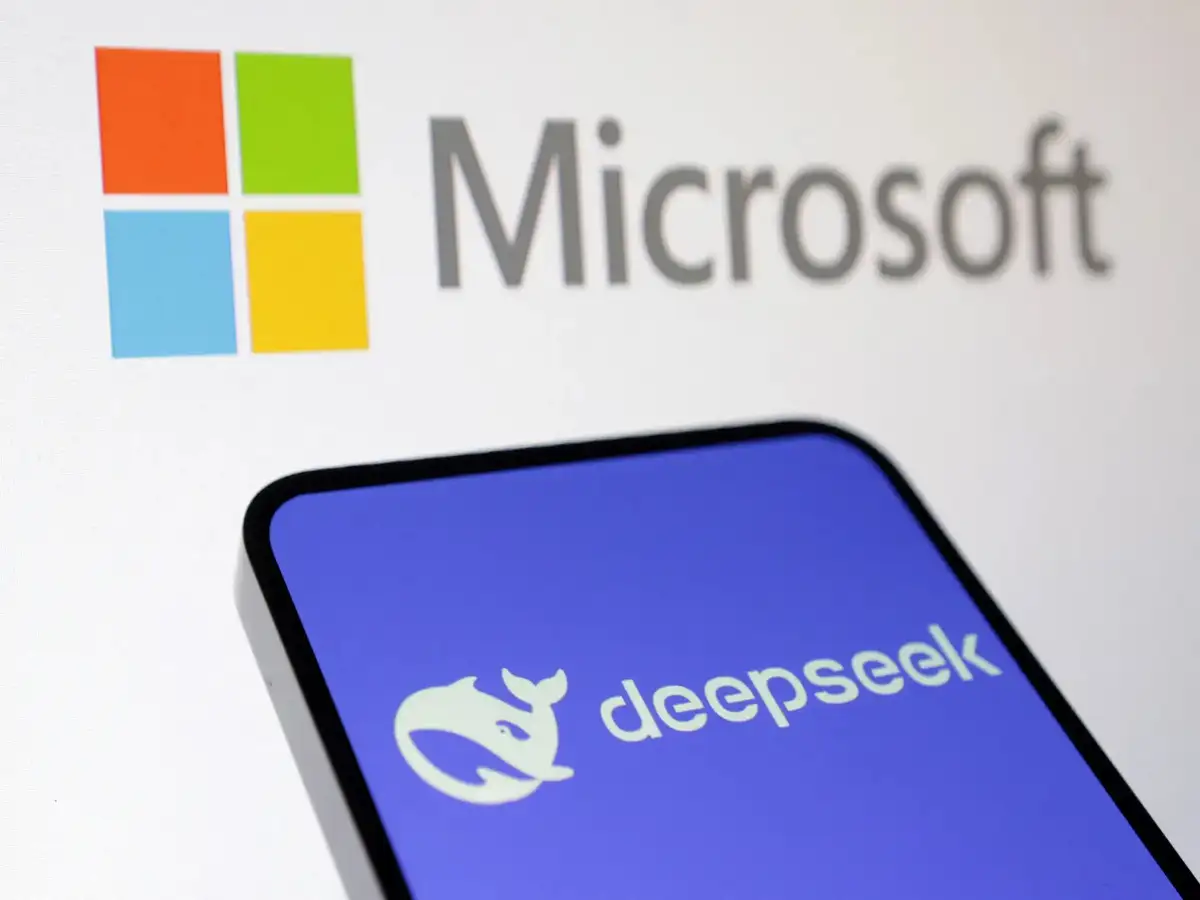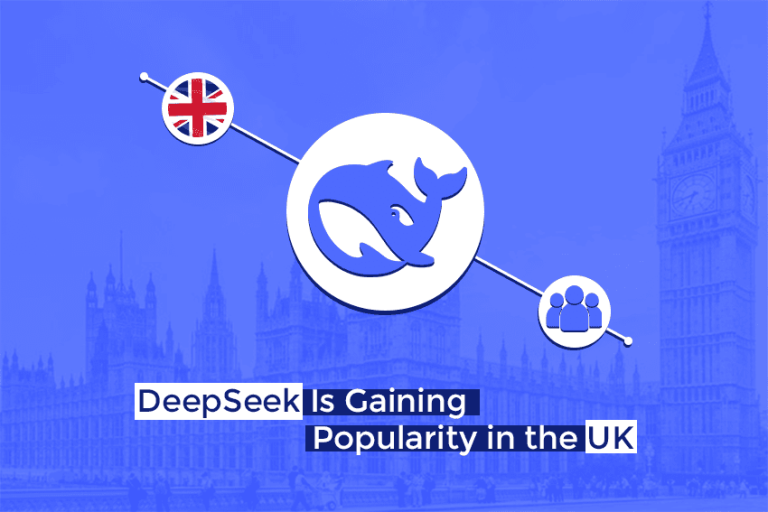In a move that reflects rising global concerns about data privacy and geopolitical influence in artificial intelligence, Microsoft has officially banned its employees from using the Chinese AI application “DeepSeek”.
Official Statement During U.S. Senate Hearing
The announcement came from Brad Smith, Vice Chair and President of Microsoft, during a recent U.S. Senate hearing focused on the growing competition between the United States and China in AI technologies.
“At Microsoft, we do not allow our employees to use the DeepSeek app,” Smith stated.
He clarified that the ban applies to all versions of the app across desktops and mobile devices. Microsoft has also chosen not to list DeepSeek in the Microsoft Store, citing data security and influence concerns.
Data Stored in China Raises Red Flags
Smith emphasized that DeepSeek stores user data on servers located in China, subject to Chinese laws that compel tech companies to share data with government agencies. Microsoft considers this a serious national security risk, especially when AI-generated content could be subtly aligned with state-sponsored propaganda narratives.
This is Microsoft’s first public declaration banning the use of DeepSeek internally, although similar restrictions have already been enforced by organizations such as NASA, the U.S. Navy, and the State of New York.
Azure: Controlled Use of DeepSeek’s Open-Source Model
Interestingly, Microsoft had earlier allowed a version of DeepSeek — the open-source R1 model — on its Azure cloud platform. However, the company stressed that it had analyzed and modified the model’s code to remove any harmful or biased components.
“We were able to access the model, inspect it, and make necessary changes to eliminate any negative side effects,” said Smith.
The model was deployed under a tightly controlled testing environment, with no data transmitted back to China, highlighting Microsoft’s distinction between open-source AI technology and applications that could compromise privacy.
A Broader Pattern of Global Caution
Microsoft’s decision aligns with a broader international trend. Government agencies and corporations in Australia, Europe, and the United States have increasingly limited or banned DeepSeek due to similar privacy and integrity concerns.
The move adds to growing scrutiny of Chinese-made digital tools in the West, as governments and tech leaders question how these technologies handle user data and whether they reflect political agendas.
Editorial Insight: Why This Decision Matters
Microsoft’s ban on DeepSeek isn’t just about one app — it’s a symbolic moment in the ongoing struggle for digital sovereignty and AI transparency. While open-source models offer incredible innovation potential, their deployment must come with accountability.
When an AI system is developed in a jurisdiction where government access to private data is legally mandated, caution becomes not just justified — but necessary. Microsoft’s stance reflects a growing consensus: AI must be secure, unbiased, and subject to democratic oversight.
As the global AI race accelerates, this case underscores the urgent need for international standards and oversight to ensure technologies serve the public interest — not just the interests of any one state.



